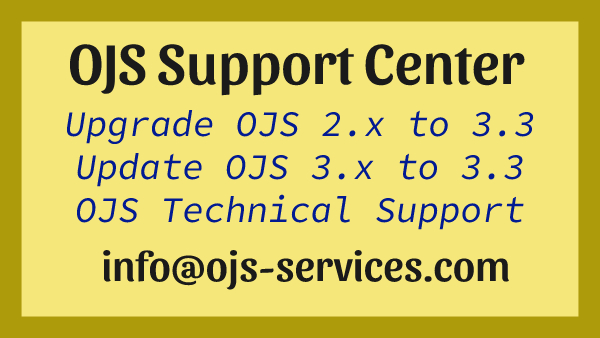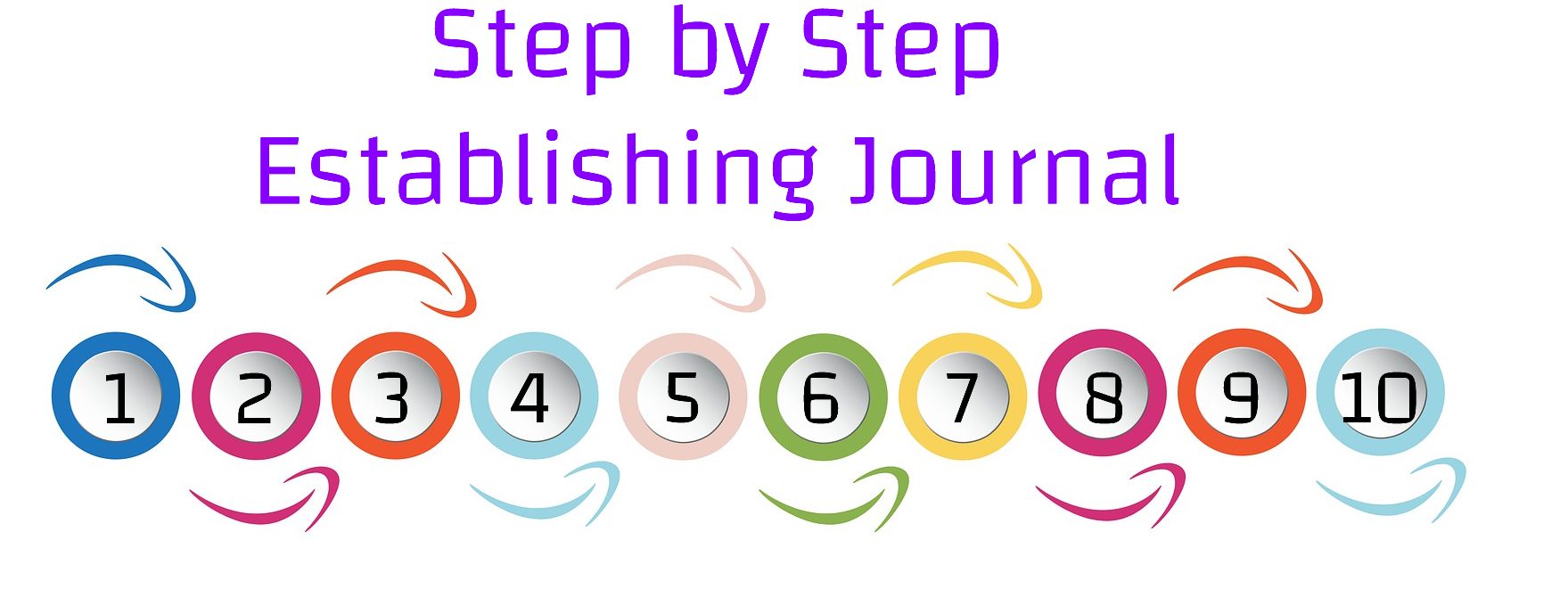In the digital age, scholarly communication has undergone a significant transformation, with electronic journals and online publishing becoming the norm. In this landscape, the Digital Object Identifier (DOI) has emerged as a crucial tool for ensuring the accessibility, visibility, and impact of academic research. Both journals and individual articles can benefit immensely from the adoption of DOIs. In this blog post, we’ll explore the advantages of having DOIs for journals and articles, and how they contribute to the advancement of scholarly communication.
The Advantages of DOIs for Journals and Articles
Digital Object Identifiers (DOIs) play a pivotal role in the modern scholarly publishing ecosystem, offering numerous advantages for both journals and individual articles. Let’s delve into some of the key benefits:
1. Persistent Identification: One of the primary advantages of DOIs is their provision of persistent identification for journal articles. Unlike traditional URLs, which can change or become obsolete over time, DOIs provide a permanent link to the content, ensuring its long-term accessibility. This permanence is invaluable for scholarly communication, as it guarantees that articles remain discoverable and citable regardless of changes in web addresses or publishing platforms.
2. Enhanced Discoverability and Accessibility: DOIs significantly enhance the discoverability and accessibility of journal articles. With a unique identifier assigned to each article, researchers can easily locate and access the content they need, whether through academic search engines, library catalogs, or citation databases. This increased visibility benefits both authors and readers, facilitating the dissemination of knowledge and fostering collaboration within the academic community.
3. Standardized Citation Practices: DOIs promote standardized citation practices in academic writing, simplifying the process of referencing and citing sources. By including DOIs in their citations, researchers ensure accuracy and precision, enabling others to quickly locate the referenced articles. This standardization streamlines the scholarly communication process and contributes to the integrity and reliability of academic literature.
4. Metrics and Analytics: DOIs enable publishers and researchers to track the usage and impact of journal articles through various metrics and analytics tools. By monitoring metrics such as citations, downloads, and social media mentions associated with DOIs, stakeholders gain valuable insights into the reach and influence of the research. This data-driven approach facilitates informed decision-making and helps authors and publishers assess the impact of their work.
5. Interoperability and Cross-Linking: DOIs promote interoperability and cross-linking between different scholarly resources, such as articles, datasets, and supplementary materials. By assigning DOIs to related resources, publishers create a network of interconnected content, enriching the scholarly ecosystem and facilitating interdisciplinary research. This interconnectedness enhances the discoverability and visibility of research outputs, ultimately advancing the progress of knowledge across diverse fields.
6- Integration with Open Journal Systems (OJS): One of the most widely used article publishing systems worldwide is Open Journal Systems (OJS), an open-source software platform designed to facilitate the management and publication of scholarly journals. OJS offers a DOI integration feature, allowing journal editors and administrators to assign DOIs to articles published through the platform. This integration streamlines the process of DOI assignment, ensuring that articles published via OJS are equipped with persistent and citable identifiers from the outset. By leveraging the DOI integration feature of OJS, publishers can enhance the visibility and impact of their journals, while authors benefit from the increased discoverability and accessibility of their research outputs.
For those interested in establishing an academic journal, you can explore our Journal Setup Service and OJS hosting packages. These services provide comprehensive support for launching and managing scholarly journals, ensuring a seamless and efficient publishing process.
In conclusion, the adoption of DOIs offers numerous advantages for both journals and articles, ranging from persistent identification and enhanced discoverability to standardized citation practices and metrics tracking. By leveraging DOIs, publishers and researchers can optimize the accessibility, visibility, and impact of scholarly research, ultimately contributing to the advancement of knowledge and innovation in their respective fields.
DOI Service Providers
While Crossref is one of the most well-known and widely used DOI registration agencies, there are also alternative providers offering similar services. Here are some of the prominent alternatives along with their advantages and disadvantages:
1. Crossref:
- Advantages:
- Established and widely recognized within the academic community.
- Offers comprehensive metadata services, including reference linking and content registration.
- Provides robust infrastructure and support for publishers and researchers.
- Disadvantages:
- Requires membership and associated fees for publishers.
- May have more stringent eligibility criteria for content registration.
2. DataCite:
- Advantages:
- Specializes in assigning DOIs to research datasets and other non-traditional scholarly outputs.
- Offers free DOI registration services for researchers and institutions.
- Facilitates data citation and promotes data sharing and reuse.
- Disadvantages:
- Primarily focused on data citation, may not offer the same level of support for traditional journal articles.
3. Zenodo: (See – How to get DOI for Free)
- Advantages:
- Operated by CERN, offering free and open access to research outputs.
- Supports a wide range of scholarly content types, including articles, datasets, and software.
- Integrates with other research infrastructures, such as ORCID and GitHub.
- Disadvantages:
- Limited metadata customization options compared to commercial DOI providers.
- May not provide dedicated support services for publishers or extensive metadata enrichment features.
4. Figshare:
- Advantages:
- Offers DOI registration services for research data, code, and other digital artifacts.
- Provides a user-friendly platform for sharing and managing research outputs.
- Integrates with various academic platforms and repositories.
- Disadvantages:
- Primarily focused on data sharing, may not offer specialized support for journal publishing.
- Paid plans may be required for advanced features and customization options.
5. Mendeley Data:
- Advantages:
- Part of the Mendeley research platform, offering seamless integration with reference management tools.
- Provides DOI registration services for research datasets, ensuring citability and discoverability.
- Offers collaboration features and data sharing functionalities.
- Disadvantages:
- Limited to research data, may not support DOI registration for other scholarly content types.
- Integration with the broader academic community may be less extensive compared to other providers.
Personal Recommendation:
- Best Alternative for Those Seeking Paid DOIs: Crossref Crossref stands out as a reliable option for those seeking paid DOIs, thanks to its extensive experience, wide range of services, and comprehensive infrastructure. As a well-established and recognized organization within the academic community, it offers significant advantages for publishers and researchers. Despite being a paid service, Crossref adds value to your investment with its quality services and support options.
- Best Alternative for Those Seeking Free DOIs: Zenodo Operated by CERN, Zenodo supports the free and open access sharing of research outputs. It provides free DOI registration for all types of academic content and facilitates researchers in reaching wider audiences with their work. With its user-friendly interface and integration capabilities, Zenodo is an ideal choice for those seeking free DOIs.
These recommendations are based on fundamental criteria for publishers and researchers, but it’s important to consider other alternatives based on individual needs and preferences.



Comments are closed